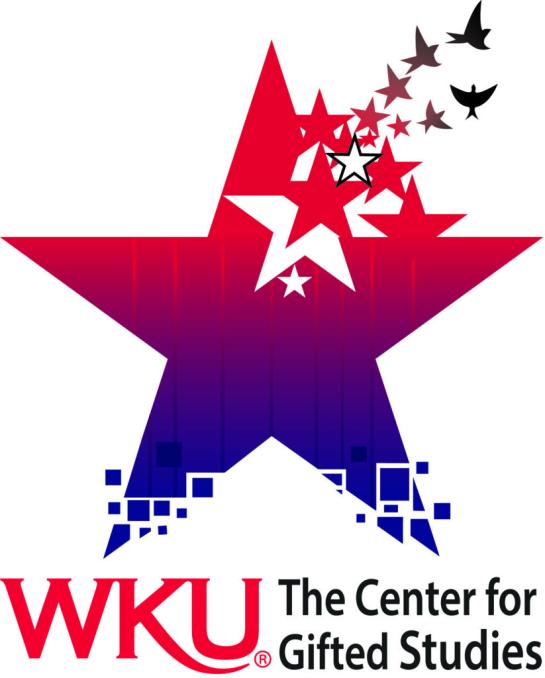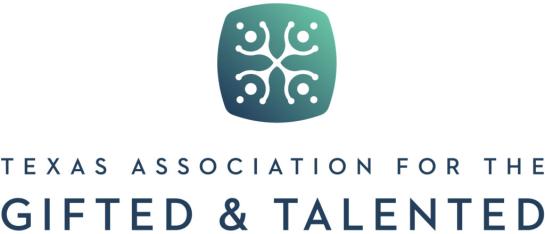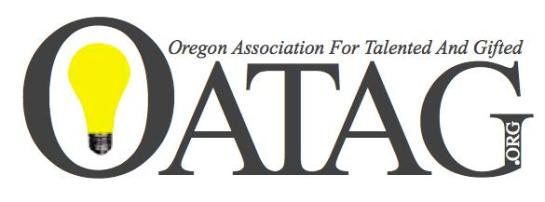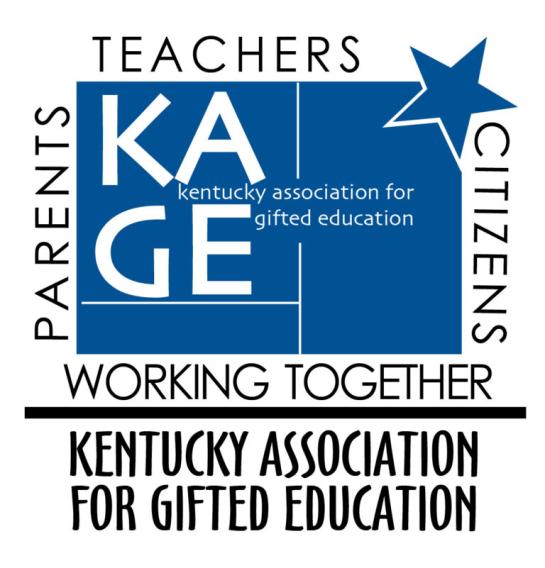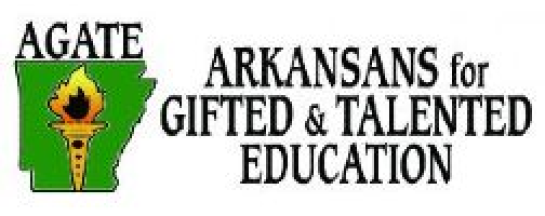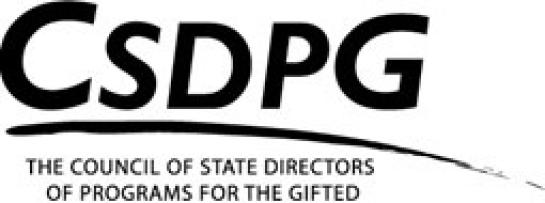A Critical Call to Action: Supporting Equity, Diversity, and Access for Gifted Students
In a diverse society, it is critical that we find and develop the gifts and talents of all children and youth in our nation. Equity, diversity, access, and excellence are essential to high-level academic achievement. Diversity has been a topic of discussion in America for decades. Embedded in discussions of equity, diversity, access, and excellence are race, culture, class, ethnicity, income, gender, sexual orientation, linguistic differences, and learning differences. Click here for an overview of the document.
Our Mission Statement speaks directly to this: The Association for the Gifted (TAG), a division of the Council for Exceptional Children (CEC), embraces and supports the needs of students with gifts and talents, focusing on multi-exceptional and other diverse learners, through advocacy, professional learning, and resources.
Click here for an interactive infographic: Page 1, Page 2
CEC-TAG values working collaboratively and respectfully to advocate for quality education and service for all children with gifts and talents, especially those who are twice-exceptional (2e) and from other diverse populations. Given TAG’s emphasis on equity, diversity, and inclusion, this document is a call to action for all stakeholders, as there is shared responsibility for providing schools where all students thrive, including gifted and talented students from racially, culturally, ethnically, and linguistically different (RCELD) populations who are too often underrepresented. In order to achieve diversity, equity, and inclusion, action is required in six areas:
- Professional Learning
- Equitable Access
- Culturally Responsive Curriculum and Instruction
- Research in Equity and Diversity
- Parental and Community Partnerships
- Policy
This call to action presents key data points, recommendations, resources to learn more, and research references in each of the six action areas. Developing the strengths of all gifted and talented and high-ability learners requires purposeful actions by all stakeholders to ensure a bright future for our nation and our world.
Please note, researchers often use the terms “Hispanic” and “Latinx” interchangeably. For consistency, the term “Latinx” is used more frequently in this resource. In addition, the authors believe the phrase “racially, culturally, ethnically, and linguistically diverse” (RCELD) student is the most inclusive of the populations most often underrepresented in gifted and talented services and advanced courses.
This document is endorsed by the following…
